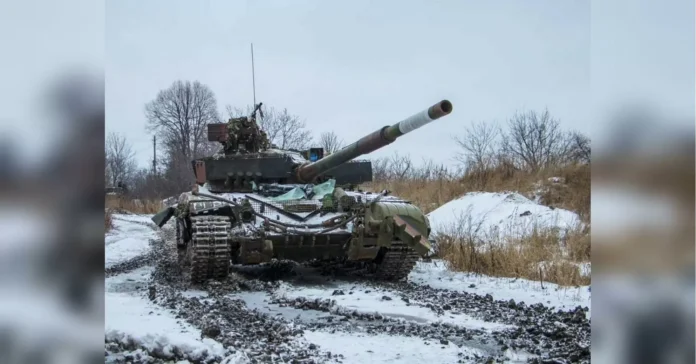According to Carlo Masala, a German political scientist and professor at the University of the Bundeswehr in Munich, only coordinated actions by NATO can deter Vladimir Putin from further aggression. Masala’s statement is a timely reminder of the need for a united front in the face of Russia’s assertive foreign policy.
In recent years, Putin’s Russia has made numerous moves that have provoked international condemnation and raised concerns about its intentions. From the annexation of Crimea to the ongoing conflict in eastern Ukraine, the Kremlin has shown a willingness to use force to achieve its goals. Furthermore, Russia’s military buildup and provocative military exercises have caused alarm among its neighboring countries and NATO allies.
In this context, Masala argues that NATO’s unity and resolve are crucial in preventing Putin from embarking on further aggressive actions. He believes that only a clear and coordinated response from the alliance can effectively deter Russia. Masala highlights the importance of NATO’s collective defense principle, which states that an attack on one member is considered an attack on all members. This principle serves as a powerful deterrent against any potential aggression from Russia.
However, Masala also acknowledges that NATO’s unity is currently under strain, with the alliance facing internal divisions and external challenges. The rise of populism and Euroscepticism in some member states has led to doubts about the alliance’s effectiveness and commitment to common security goals. Additionally, the changing global landscape, including the rise of China and the ongoing threat of terrorism, has diverted attention and resources away from NATO’s core focus on Russia.
To address these challenges, Masala suggests several measures that NATO should take to strengthen its unity and deter Putin’s aggression. Firstly, he emphasizes the need for increased military spending by all member states to meet NATO’s target of spending 2% of GDP on defense. This would not only enhance the alliance’s military capabilities but also demonstrate its commitment to collective defense.
Secondly, Masala calls for a more proactive and assertive approach from NATO towards Russia. He argues that the alliance should not shy away from responding to Russia’s aggressive actions, such as its military interventions in Syria and Ukraine. Instead, NATO should use all means at its disposal, including diplomatic, economic, and military, to convey a message of deterrence to Moscow.
Moreover, Masala stresses the importance of NATO’s partnerships with other countries and organizations. He believes that strengthening ties with countries such as Sweden and Finland, which have been targets of Russian aggression, can enhance NATO’s deterrence posture. Furthermore, he suggests closer cooperation with the European Union, the United Nations, and other regional organizations to address common security challenges.
In addition to these measures, Masala also emphasizes the need for NATO to engage in dialogue with Russia. He argues that while deterrence is essential, it should not be the only tool in NATO’s toolbox. Masala believes that dialogue and communication channels with Moscow are crucial in reducing the risk of miscalculation and escalation.
In conclusion, Masala’s statement serves as a reminder of the critical role that NATO plays in maintaining peace and stability in Europe. Only through a united and proactive approach can the alliance effectively deter further aggression from Russia. As NATO celebrates its 70th anniversary this year, it is essential to remember that its strength lies in its unity and collective resolve. By working together and staying committed to its core values, NATO can continue to be a force for peace and security in the Euro-Atlantic region.

